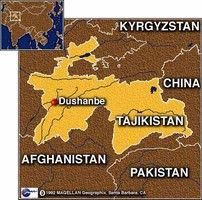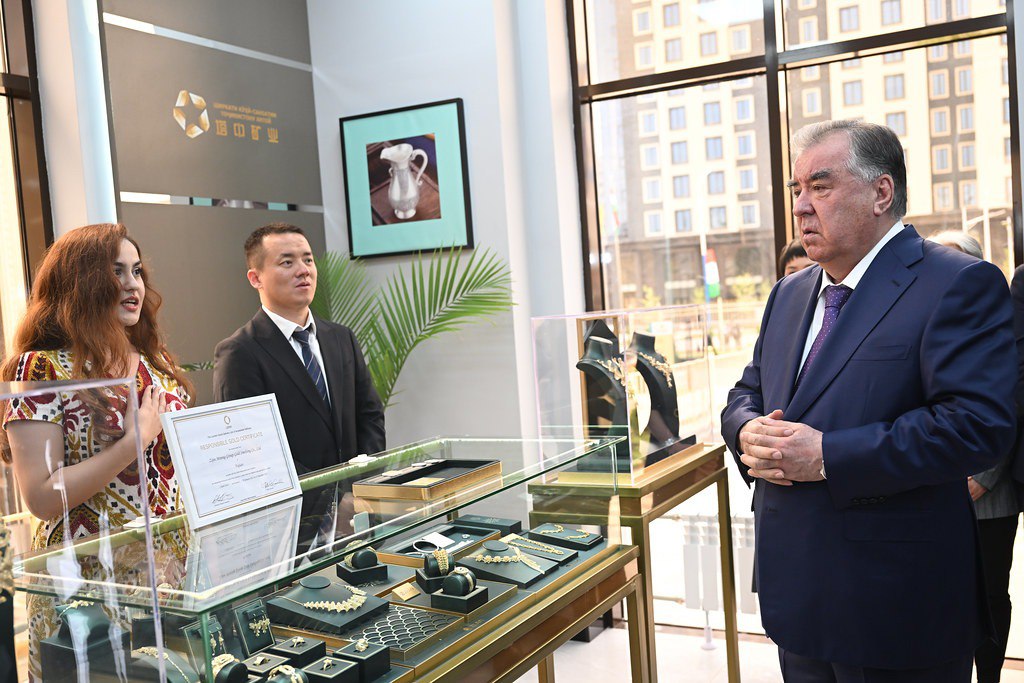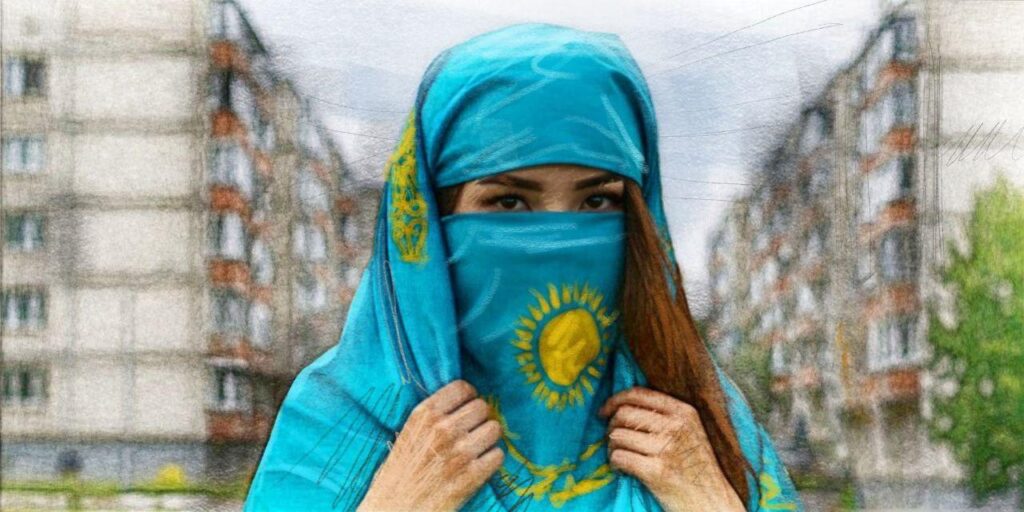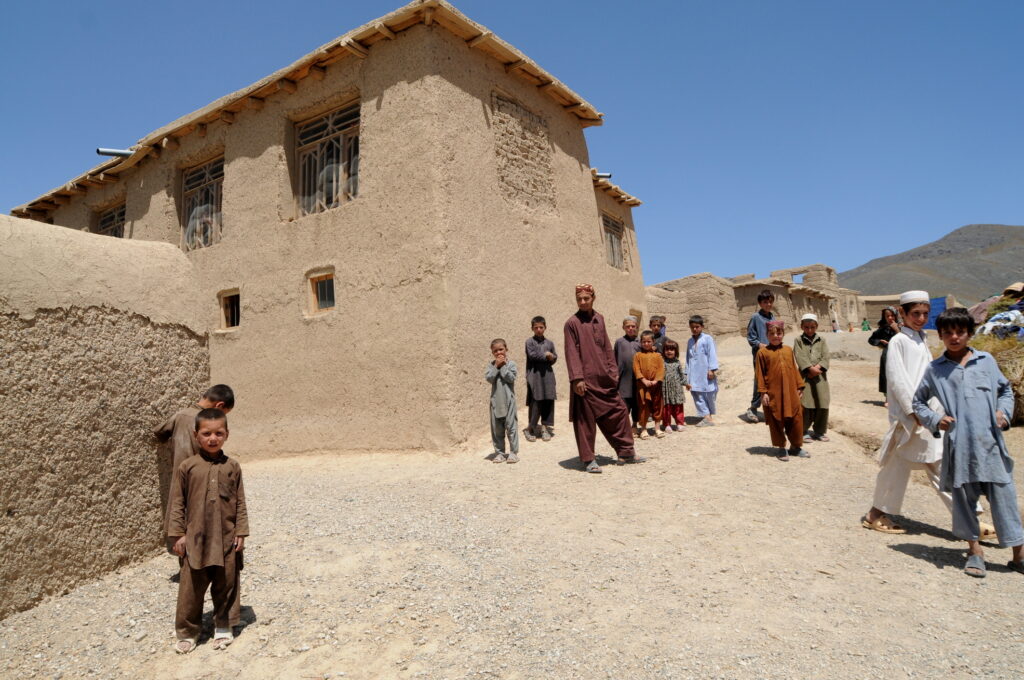DUSHANBE (TCA) — Tajikistan’s Supreme Court sentenced leaders of the Islamic Renaissance Party of Tajikistan (IRPT) on June 2 to lengthy prison terms on charges of attempting to overthrow the government, Human Rights Watch, the Norwegian Helsinki Committee, and the Association for Human Rights in Central Asia said on June 7. The sentences, including two life terms, followed an unfair trial initiated in retaliation for their peaceful political opposition and reflect the government’s pervasive manipulation of the justice system and egregious violations of the right to freedom of expression, the joint statement said.
The rights organizations said the US, EU member states, and Tajikistan’s other international partners “should respond to the sentences with targeted punitive measures against Tajik officials unless concrete human rights improvements are made, including setting aside the opposition leaders’ convictions.”
“If allowed to stand, these draconian sentences will not only strike a blow to Tajikistan’s peaceful opposition but to every Tajik citizen,” said Steve Swerdlow, Central Asia researcher at Human Rights Watch. “These sentences show that anyone in Tajikistan any time can be labeled a criminal and punished simply for disagreeing with the government.”
The Supreme Court sentenced the IRPT’s first deputy and deputy chairmen, Saidumar Husaini and Mahmadali Hayit, to life in prison. Rahmatulloi Rajab, Sattor Karimov, Kiyomiddini Azav, and Abdukahhori Davlat, other party leaders, all were sentenced to 28 years in prison. The senior IRPT legal adviser, Zarafo Rahmoni, the only woman among the defendants, was sentenced to two years.
Other sentences were: Zubaidullohi Rozik 25 years; Muhammadalii Fayzmyhammad, 23 years; while Vokhidhoni Kosiddin and Sadiddini Rustam, 20 years; Hikmatulloh Sayfullozoda, editor of the now banned IRPT newspaper Najot, 16 years; Muhammadsharif Nabiev and Abdusamad Gayratov, 14 years.
They were found guilty of conspiring in a supposed armed bid to seize power in early September 2015.
Tajik authorities blamed the IRPT for organizing the mutiny, while the Supreme Court banned the party, designating it an “extremist and terrorist organization.”
Party leader Muhiddin Kabiri, who now lives in exile, rejected the accusations.
“The only purpose of this trial was to dress up political repression in the trappings of legal proceedings,” said Nadejda Atayeva, president of the Association for Human Rights in Central Asia. “The defendants’ crimes appear to be fabricated, yet their fate was pre-determined. This is a travesty of justice.”
The UN special rapporteur on the right to freedom of opinion and expression, David Kaye, has denounced the lengthy sentences imposed on the leadership of the Islamic Renaissance Party of Tajikistan.
“The harsh sentencing of multiple opposition leaders reflects the steady increase of restrictions on freedom of expression in Tajikistan,” Kaye said in a June 7 statement. “The crackdown on IRPT over the last year silenced one of the few opposition voices in the country.”
“Imposing such drastic and arbitrary measures against opposition and religious leaders is not only unacceptable but dangerous as it only helps to radicalize those pushed out of public debate,” the UN special rapporteur added.
Another human rights watchdog, Amnesty International, has also condemned the sentences, saying that “the trial fell far short of fair trial rules which Tajikistan is legally bound to uphold”.









